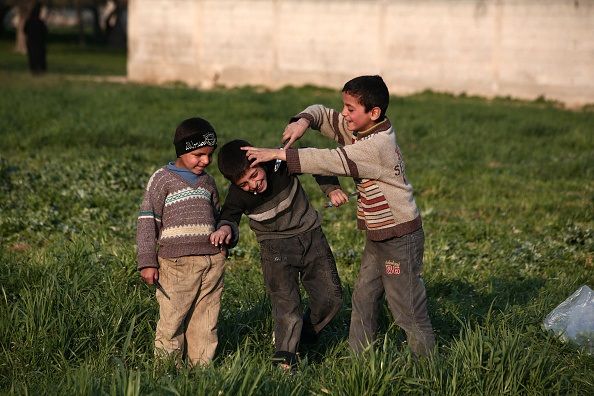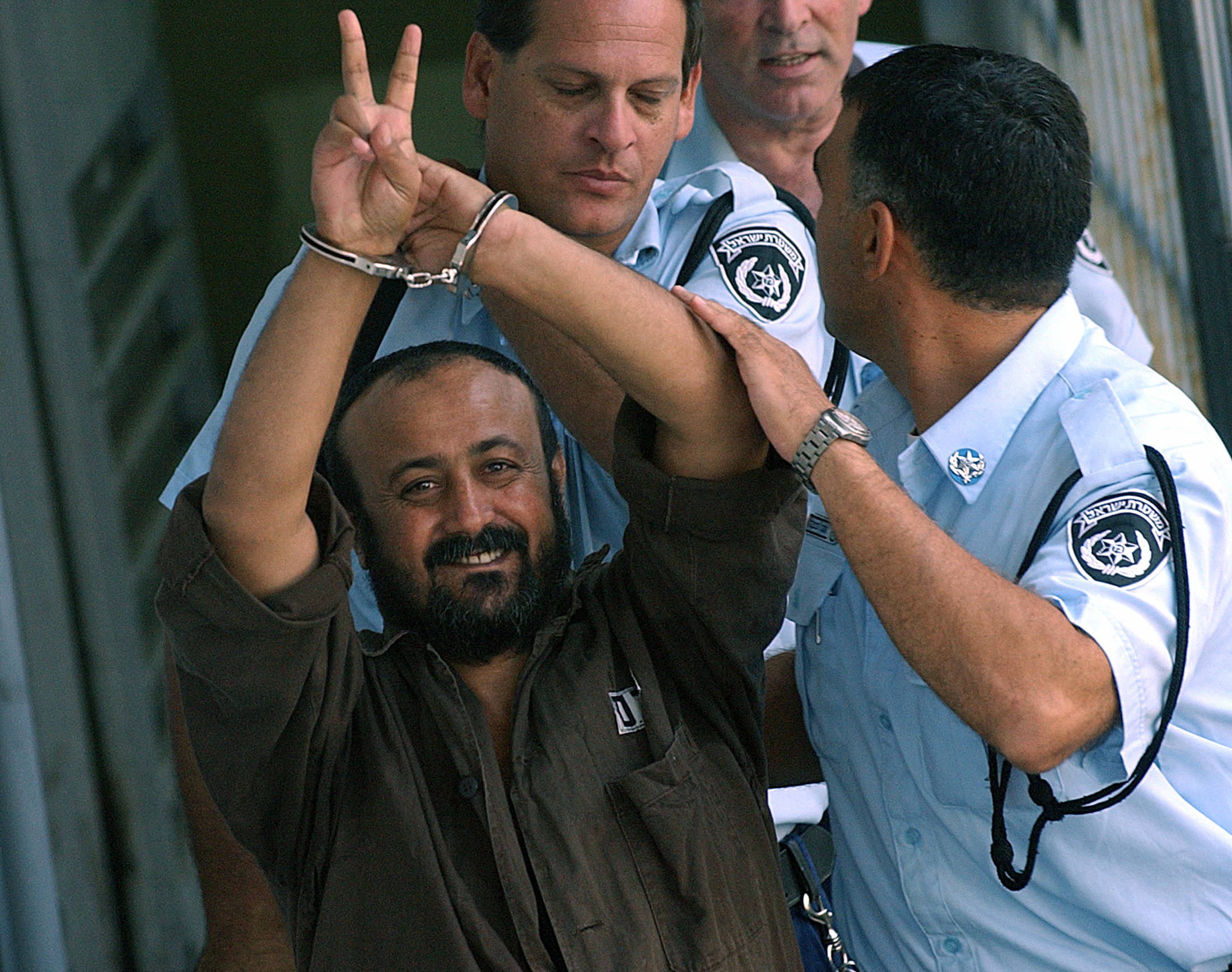
When discussing how to curb recruitment by militant groups such as Islamic State (ISIS) or Jabat Al Nusra, we often hear of the need to reduce their ideological appeal among young people in Syria and beyond.
But more and more evidence shows that the young Syrian men who decide to join these groups do so not on the basis of religious motivation, but to fulfil far more basic needs.
With little prospect of employment, the closure of borders with neighboring countries, and the need to provide for themselves and their families, for many men inside Syria the wages offered by armed groups is incentive enough to join the fight.
In recent months, as the Syria crisis sadly entered its sixth year, International Alert sought to find out exactly why young Syrians join extremist groups—by speaking to Syrians themselves. We interviewed over 300 young people, their families and community members, both inside Syria and in refugee communities in Lebanon and Turkey. The desperate need to earn a living came up time and time again in our interviews.
But the financial incentive alone does not explain why these young people fight. For Syrians living in refugee communities, travelling back to Syria to join an armed group is itself an expensive business. Lebanon, which itself is yet to overcome its own history of civil conflict, is struggling to deal with the massive influx of refugees which now comprise 25 percent of the population. The result is that Syrians living in Lebanon face high levels of stigma and hostility from host communities, who even before the crisis in Syria were experiencing high levels of unemployment and poor quality basic services like health and education.
Many of the young Syrians we interviewed in Lebanon spoke of their experiences as a refugee as a major factor contributing to the decision to go back to Syria and fight. Young men in particular felt trapped, hopeless and angry. Joining a group like ISIS offers a sense of purpose, control over one's life and a means to channel anger.
The conversations we had also underlined the level of psychological damage the ongoing conflict is wreaking on Syrian children and youth, with even refugee camps being unsafe, as yesterday's deadly airstrike in Idlib shows. Living through the horrific and violent deaths of family members and friends is instilling a deep-seated desire for revenge, particularly against the regime of President Assad. It is this desire for revenge which pushes many towards Jabat Al-Nusra in particular, which is seen as an effective, well-funded fighting force. As one young woman in Turkey told us:
"Many Syrians want to get revenge against the regime for destroying their families, houses, lives and everything else. Jabat al-Nusra actually fights the regime and now offers the best chance to get that revenge."
It is important to point out here that the recruitment tactics of Jabat al-Nusra inside Syria differ markedly from those of ISIS. The Syrian people that we spoke to in our research often, though not exclusively, spoke about ISIS as an illegitimate foreign force to be derided and feared. Jabat al-Nusra on the other hand is embedded within communities, providing protection and basic services.
One thing that all armed groups take advantage of is the complete collapse of the education system inside Syria. UNICEF estimates that one in four schools inside Syria is no longer operational, with contested areas most heavily impacted. This means children have no safe space to go to that offers a structure, positive role models and a chance to process trauma. Armed groups exploit this gap by setting up their own education systems that reinforce sectarian divisions and legitimise violence. For many of the boys attending these "schools", a future as a fighter seems inevitable.
All this suggests that among the many factors that combine to make a young person in Syria decide to join an extremist group, religion plays, at most, a secondary role. These young, traumatised people speak about religion as a way of making sense of and giving value to their actions, framing involvement in conflict as heroic and spiritual, for example, not as the reason to act in itself.
What this research also tells us though, is that there are many ways in which Syrians can be supported to prevent children and young people joining armed groups.
Of course, a political solution to the ongoing conflict is urgent and critical. In the meantime, Syrian organisations are already on the ground across Syria working to provide the livelihoods, education and psychological support that is turning people away from armed groups and helping young Syrians to build a foundation for their future. They need our support, now.
Rebecca Crozier is Head of Middle East and North Africa Programme at International Alert.
Uncommon Knowledge
Newsweek is committed to challenging conventional wisdom and finding connections in the search for common ground.
Newsweek is committed to challenging conventional wisdom and finding connections in the search for common ground.
About the writer
To read how Newsweek uses AI as a newsroom tool, Click here.








